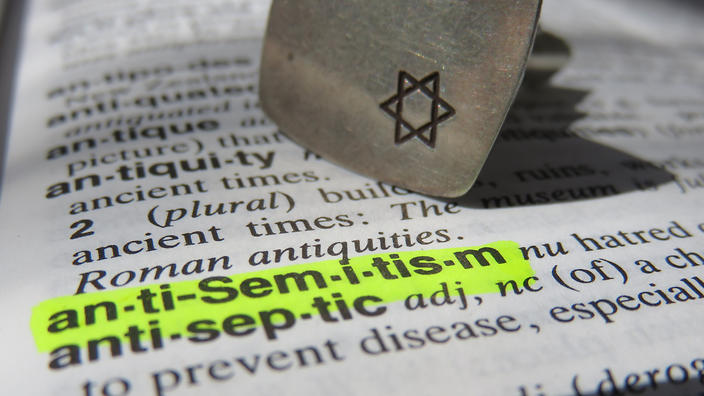It seemed a Saturday like any other when I sat down to watch ‘Hannah Arendt’ (2012), a film about the Jewish philosopher’s famous reporting on Adolf Eichmann’s 1961 trial, Eichmann in Jerusalem: A Report on the Banality of Evil.
Like the Nuremberg trials, this was a pivotal moment in history. As director of “Jewish Affairs”, Adolf Eichmann was a key architect of the Holocaust (or as Jews call it, the Shoah). Captured by Mossad agents in Argentina, Eichmann was taken to Israel to stand trial for his role in one of modern history’s most systematic, visceral, and heartless horrors.
And so it was that I came to watch the black and white testimony of Adolf Eichmann while, surreally, by my side my phone kept lighting up with one anti-Semitic tweet after another; my Twitter was being targeted by neo-Nazis. This is not the first time this has happened, but, given the context, it was particularly jarring. Here I was, watching a film that includes testimonies of those who barely survived the horrors of the Holocaust, even as others were wishing that same horror on me.
I’ve been active on Twitter since December 2012, but it wasn’t until Trump announced his candidacy for President of the United States around two years ago, that I started to receive messages of an anti-Semitic nature. I believe my name gave my identity away, as well as my Twitter bio announcing me as an ‘Israeli standing against the Occupation’.
Read the full article by Na’ama Carlin at SBS.

